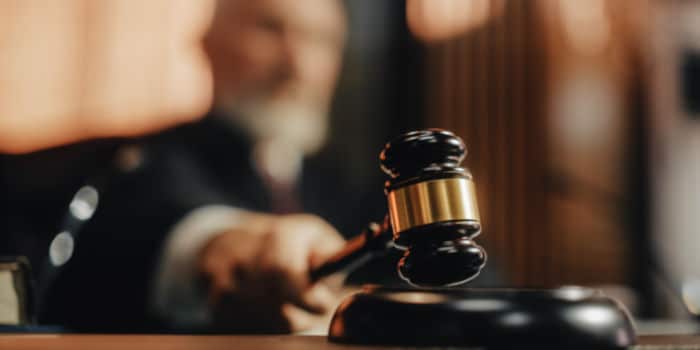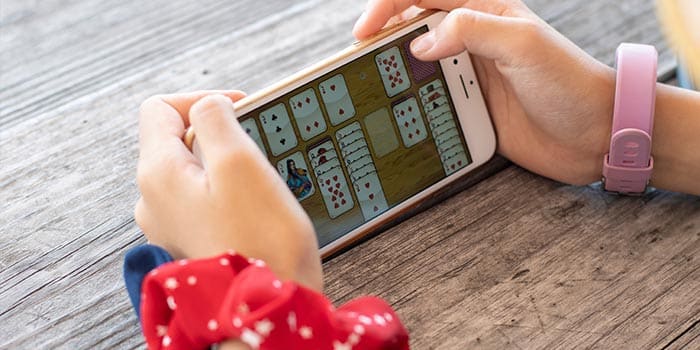- Casino
- By State
- Alabama
- Alaska
- Arizona
- Arkansas
- California
- Colorado
- Connecticut
- Delaware
- Georgia
- Florida
- Hawaii
- Idaho
- Illinois
- Indiana
- Iowa
- Kansas
- Kentucky
- Louisiana
- Maine
- Massachusetts
- Maryland
- Michigan
- Minnesota
- Mississippi
- Missouri
- Montana
- Nebraska
- Nevada
- New Hampshire
- New Jersey
- New Mexico
- New York
- North Carolina
- North Dakota
- Ohio
- Oklahoma
- Oregon
- Pennsylvania
- Rhode Island
- South Carolina
- South Dakota
- Tennessee
- Texas
- Utah
- Vermont
- Virginia
- Washington
- West Virginia
- Wisconsin
- Wyoming
- By State
- Slots
- Poker
- Sports
- Esports
New Zealand’s Pokies Association Pushing for Lower Problem Gambling Rates

New Zealand’s Ministry of Health has proposed a 26% increase ($16 million) in the problem gambling levy budget over the upcoming three years. Half of the increase would be supported by profits collected from the Gaming Machine Association of New Zealand (GMANZ), one of the four contributors to the levy. While reiterating its full support for the levy itself and agreeing with any necessary increase in the levy’s budget, the association has recently questioned the actual efficiency of the levy using fresh statistics.
GMANZ Supports the Strategy to Prevent and Minimize Gambling Harm for 2022-2025
If given the green light, the new budget proposed by the Ministry of Health would allocate $76.12 million to the levy dedicated to combating problem gambling in the country, compared to $60.24 million in 2019-2022. The budget increase would also represent a de-stigmatization strategy and also a means of creating culturally appropriate programs for Asian, Pasifika, and Māori communities in the country.
While reiterating its full support for the prevention strategy and levy itself and agreeing with any necessary increase in the levy’s budget, GMANZ has also expressed its concerns regarding the results of the levy. Using the voice of its Director Peter Thrush, the association argued that the number of problem gamblers in the country has remained unaltered (0.2%) for the past two and a half decades, which would render the levy’s efforts almost useless.
During the third and the fourth post-lockdown quarters of 2020, the country recorded a surge in gambling spending. However, in 2020-2021, little over 65,000 people received problem gambling treatment from a service funded with money from the ministry. Compared to the 45,000 to 92,000 people that are estimated to suffer from mild to significant forms of harm from gambling, the number of people seeking help is still very small.
Plus, there are also between 144,000 and 230,000 adults in the country that have experienced at least one form of gambling harm in the past twelve months inside their household, with more than 4,300 families receiving treatment for problems triggered by someone else’s gambling.
On the other hand, Andree Froude spoke on behalf of the Problem Gambling Foundation and argued that the 0.2% is only represented by the most addicted gamblers in NZ, with the actual rate of adults dealing with problem gambling being a lot higher and also more difficult to quantify.
Thrush added that his association would have no problem increasing its contribution by $8 million according to the new budget proposal, agreeing that pokie machines should contribute more than lotteries or casinos and other gambling forms. Nonetheless, he stated that the association should only increase its contribution provided they would be able to see better results from the levy. For now, GMANZ considers the money to be “disappearing”.
The budget that supports the levy is currently collected from profits generated by the four main categories of gambling operators in the country, including pokie machines located in clubs and pubs across New Zealand, the Racing Board, and the Lotteries Commission. For the time being, pokie machines are paying 1.3% of their profits to support the levy’s budget, while Lotteries, considered the least dangerous or addictive of all gambling forms, are paying 0.4%.
The Pokies Association Is Asking for Facial Recognition in Bars
Thrush also added that the ministry should use part of the levy’s money to install facial recognition systems in bars and other venues where gaming machines are legal. The investment that would cost $6 million could help recognize problem gamblers as well as self-excluded players and prevent them from interrupting the entertainment experience offered by pokie machines.
Recipients of the levy have also been accused of having spent some of the money on marketing campaigns that have stigmatized players. The ministry’s new proposal may sound fresh on paper, but it would be “more of the same”, said Thrush.
In response, the Problem Gambling Foundation explained that some of the measures that could help reduce the level of gambling harm in New Zealand should include the de-stigmatization of gambling addictions and a better focus on gamblers dealing with moderate forms of addiction. The hearing on the proposed changes to the levy will take place on January 27.
Related Topics:
After finishing her master's in publishing and writing, Melanie began her career as an online editor for a large gaming blog and has now transitioned over towards the iGaming industry. She helps to ensure that our news pieces are written to the highest standard possible under the guidance of senior management.
Must Read
Industry
April 15, 2025
Brazil Weighs Stricter Rules on Gambling Advertising
More Articles









Industry
March 18, 2025
New Zealand Minister Rejected TAB’s $85M iGaming Bid
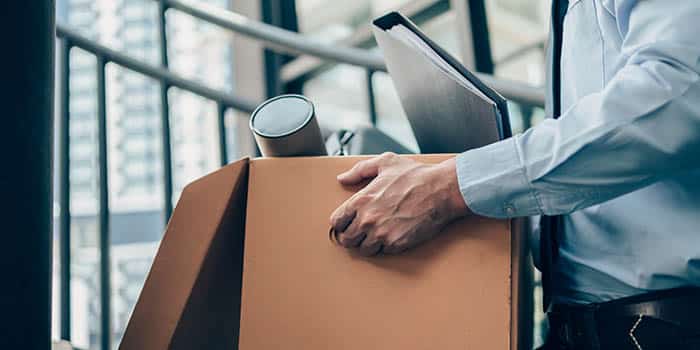
Industry
February 20, 2025
Two Major Executives Depart from Entain Australia and New Zealand
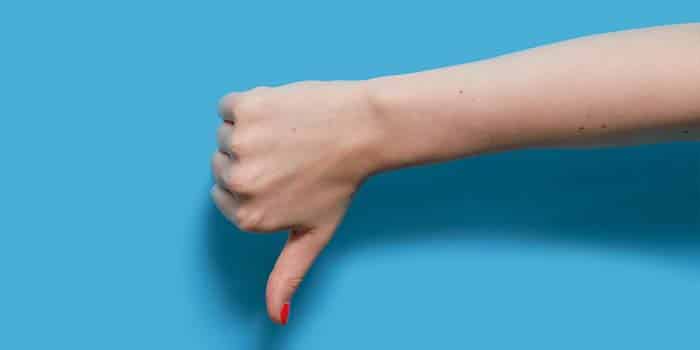
Industry
February 3, 2025
SkyCity Auckland Expansion Plan Sparks Backlash
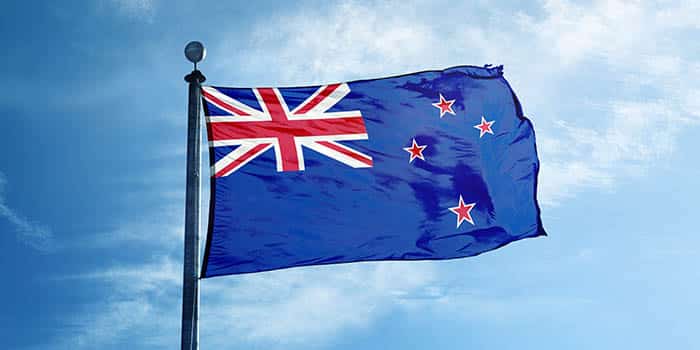
Industry
December 9, 2024
NZ Racing Minister Calls for TAB to Govern Online Betting

Industry
November 13, 2024
New Zealand Mulls Over New Rules as iGaming Legislation Looms
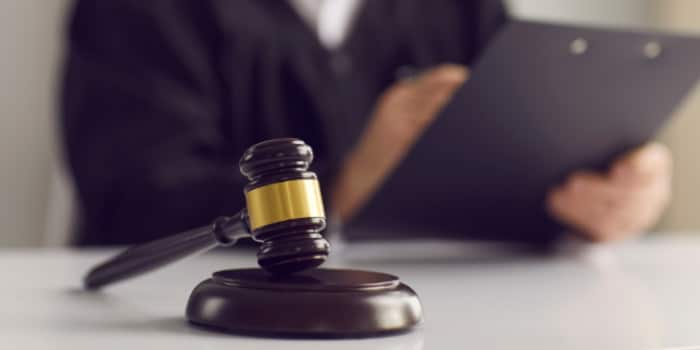
Industry
November 11, 2024
New Zealand: Woman Avoids Prison After $200K Gambling Theft
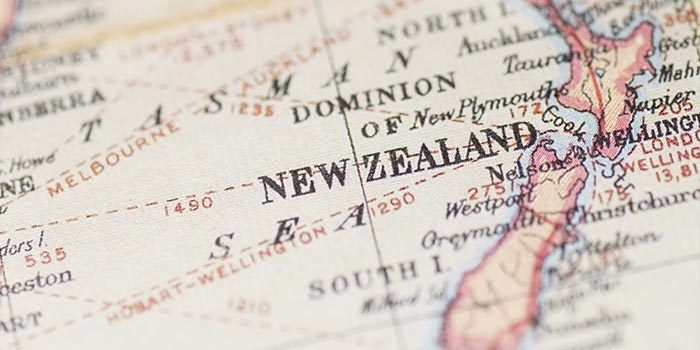
Industry
November 4, 2024
New Zealand Plans to Regulate Online Gambling by 2026

Industry
September 3, 2024
NZ Asks Citizens to Weigh in on Gambling Harm Prevention Strategy


